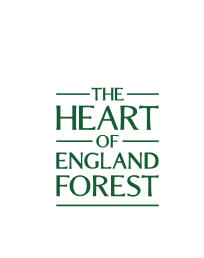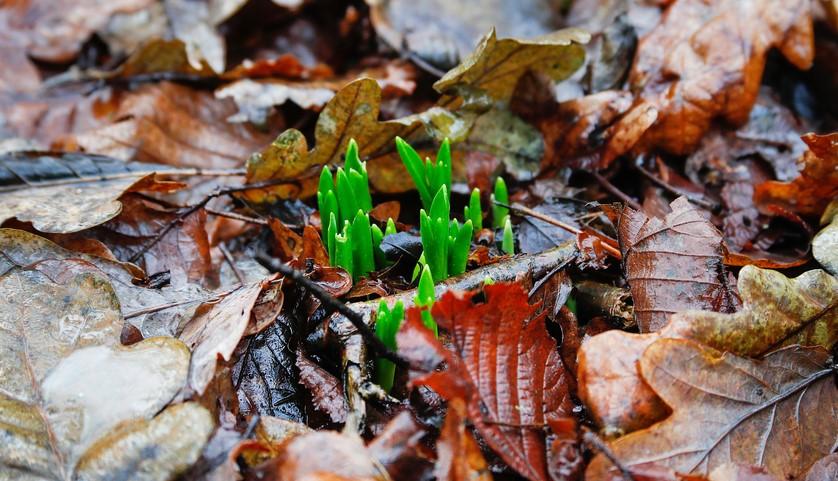
Why a closer relationship with nature brings benefits for all
Despite being perceived as a nation of nature lovers, the UK has been ranked the lowest in Europe for our ‘nature connectedness’. The May 2022 study indicated that, of the 14 European nations included, UK citizens had the poorest levels of closeness with other species and the natural world*. This is likely to be linked to the fact that we are also one of the most nature-depleted countries on the planet, having lost more wildlife than any other G7 country.
What determines how connected we feel to nature?
The study did not point to one single factor that can determine how connected we feel to nature as individuals, although it did state that the strongest association identified was between biodiversity and nature connectedness – with those living in countries with higher levels of biodiversity, such as Italy and Portugal, generally experiencing greater levels of connectivity.
Age was also shown to have an impact, with older people tending to score more highly in their levels of nature connectedness.

Why nature connectivity matters
The reasons behind these findings and why some people and nations experience greater levels of connection to the natural world are complex, but what is simple is the reason it matters so much.
High levels of connection with nature have been shown to support better mental and physical wellbeing, while people who feel closer to nature are also more likely to behave in environmentally friendly ways, whether that be recycling more, buying organic or driving an electric vehicle.
It is no exaggeration, then, to say that increasing our population’s connectivity to nature could have enormous benefits for both people and planet.
This is a concept that lies at the very core of our work at the Heart of England Forest. Without continued efforts to engage people from all age groups and backgrounds with the Forest and nature, in years to come there may be nobody to care for it, and few people interested in benefitting from spending time in it. That is why it is essential that organisations like ours across the country strive to provide greater opportunities for people to develop a deeper connection with nature.
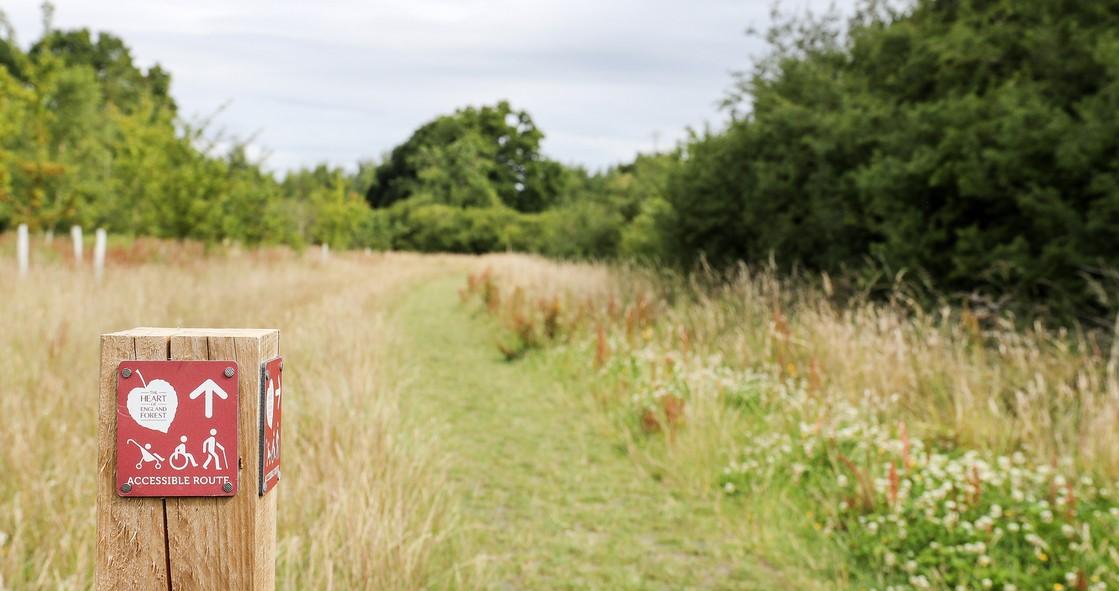
The importance of access for all
Access to nature is often talked about as one of the key barriers to people forming a meaningful connection with the natural world. We currently over a hundred miles of managed permissive and Public Rights of Way across the Forest, including an accessible trail to enable more people to connect with nature. We also host regular guided walks with our knowledgeable team to help people learn more about the flora and fauna within the Forest.
Although smartphones are often seen as the enemy of nature connectivity, and one of the major reasons why we are less inclined to spend more time outdoors, we believe technology can be a brilliant way to allow people to explore and learn about nature, which is why we have introduced our new audio trails. The audio trails can be downloaded via a GPS assisted app and provide an enhanced, interactive experience for visitors, who can hear about the habitats, wildlife, and history of the Forest as they walk along some of the most popular routes in the woodlands.
For those seeking a fully immersive experience in the Forest there is even the opportunity to stay overnight with us and enjoy a sustainable staycation in one of the Forest’s eco-friendly holiday cottages or on our camping and caravan sites. Find out more about woodland breaks.
Laying early foundations for a love of nature
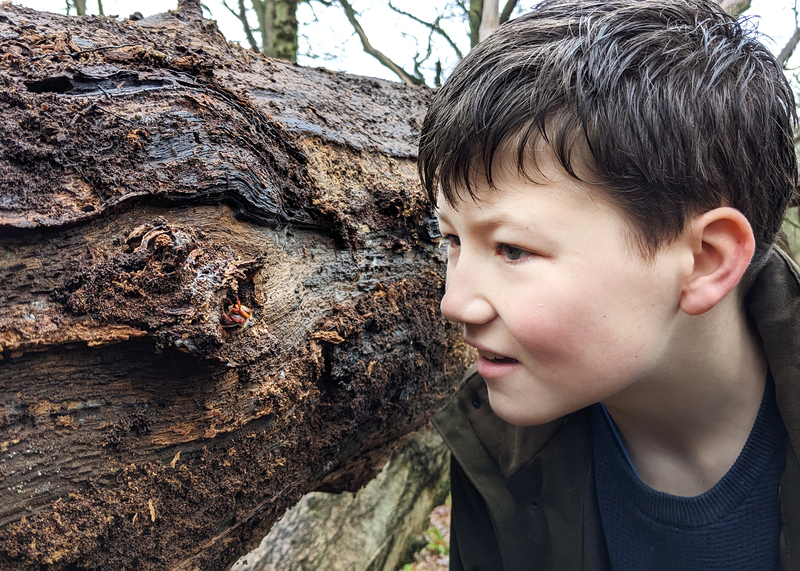
Many of us can trace our love of nature back to our experiences as children. Whether through camping trips with family, outdoor activities with school, or simply spending time in local parks or wildlife spots, these formative interactions can help develop a positive lifetime relationship with nature.
Our work with young people offers both formal and informal learning opportunities in the Forest, ranging from our regular Mini Foresters and Young Foresters clubs for families and young people, to our bespoke Forest Learning Programmes with local schools.
We currently work closely with several partner schools to offer frequent and progressive opportunities for their pupils to learn in the Forest. Our new site at Gorcott Hill is allowing us to expand this to seven new schools from Redditch and South Birmingham, with a focus on schools with high numbers of pupils accessing Pupil Premium funding and those who are less likely to spend time in the natural environment for social or economic reasons. In total we delivered 5,502 learning days for children and adults in 2021/22.
Our volunteering programme across the Forest provides hands on experiences in nature for people of all ages, giving them the chance to learn practical skills, improve their physical and mental wellbeing through time spent outdoors, and to make friends with likeminded nature enthusiasts.
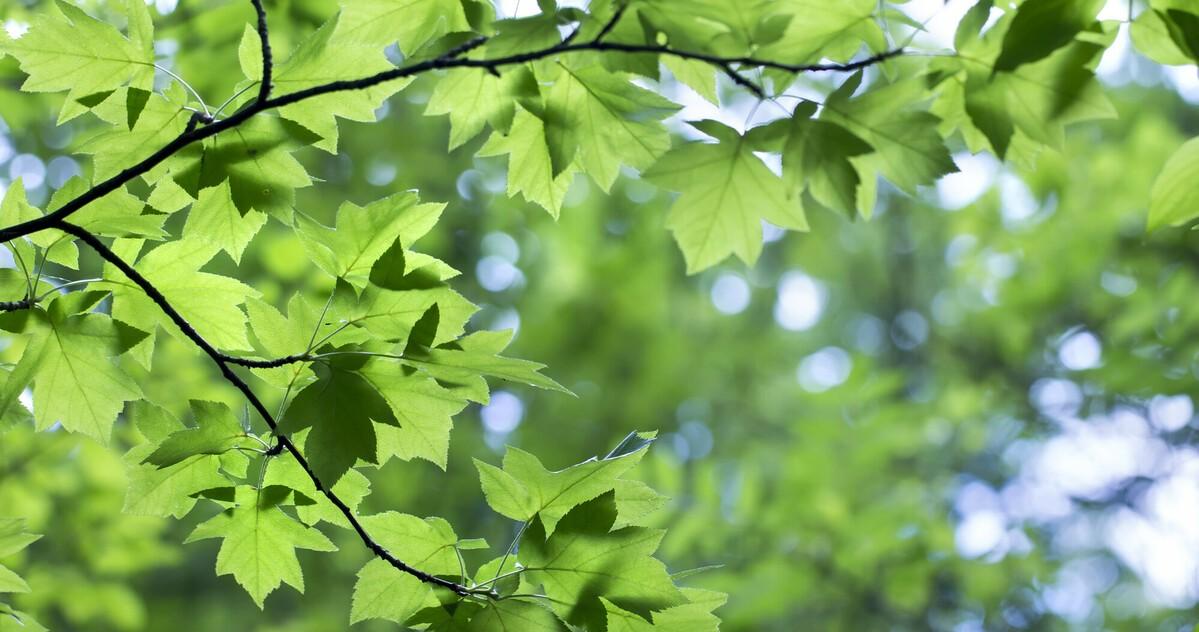
Boost your personal connection to nature
With spring nearly upon us and the days getting longer, it is the perfect time to increase the amount of time you spend outdoors. Think about all the ways your experiences with nature have brought you joy, and how you can best support others in developing a closer connection to the natural world so that all forms of life on earth can flourish.
Become a Friend of the Forest
Become a Friend of the Forest for a recommended minimum donation of just £5 a month, our Friends are kept up to date about how their support is helping to create and conserve a huge forest, protected and secured for generations to come. Find out more.

